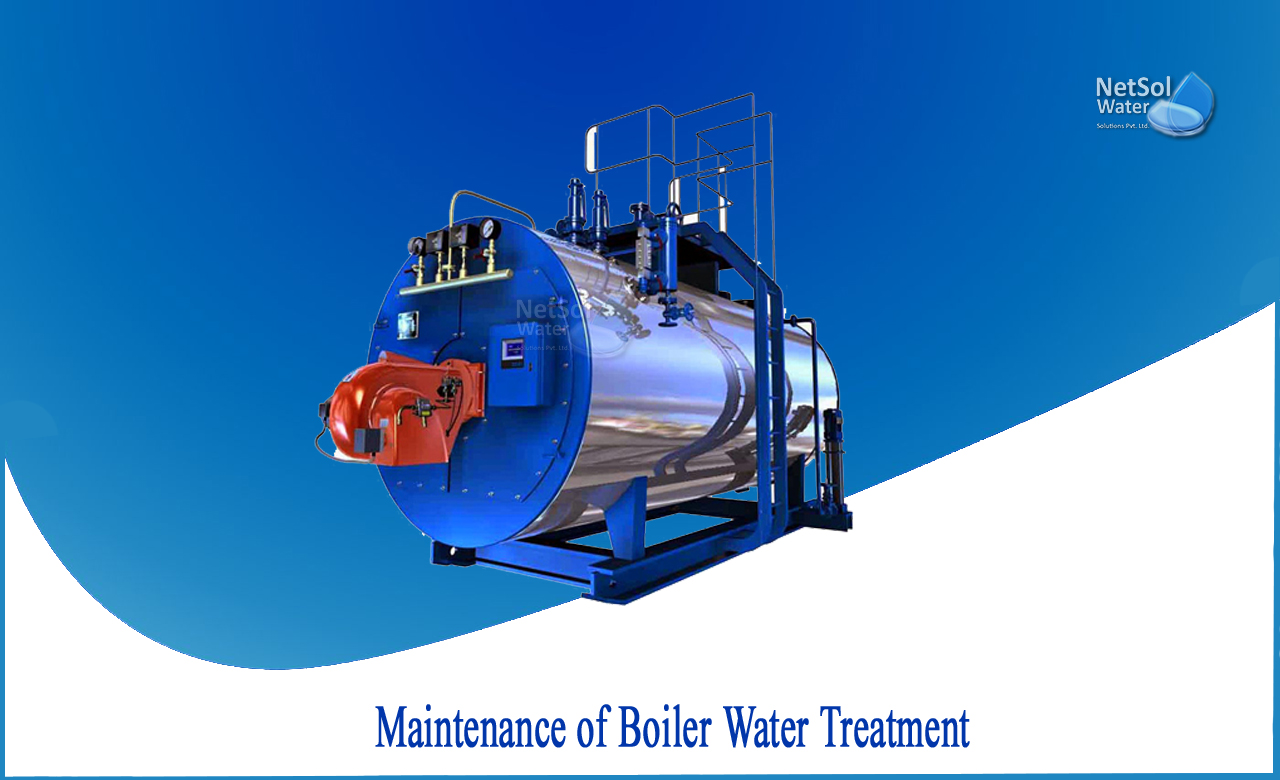Overview_
Boiler water's principal function is to create high-quality steam, which permits the boiler to distribute heat throughout a building. With such a critical task at hand, it's critical that you incorporate a boiler water treatment strategy into your preventive maintenance procedures to protect your industrial boiler's integrity.
Water treatment programmes are largely concerned with eliminating chemical contaminants that lead to equipment corrosion. Having the ability to adjust the feedwater quality and add frequent treatments will create ideal conditions for the boiler's long-term usage, which may result in operational efficiency and cost savings for your firm.
Why is it necessary to treat the water in a boiler?
Corrosion is always a problem no matter what sort of boiler you deal with, and not everyone knows the preventive maintenance, or water treatment programme, that is essential to avoid equipment damage.
Corrosion is frequently induced by the presence of oxygen or a lack of pH control. This can cause holes in economizers, boiler tubes, or feed water pipes, which can lead to boiler leaks and a costly repair. There are several types of corrosion, and they are not all addressed the same way. The amount of various dangerous elements that can be permitted in the boiler water without causing damage to the boiler must be considered. Low pH water, as well as the presence of dissolved oxygen and carbon dioxide, can cause corrosion in the feed-water system.
Corrosion may be reduced by using good design (to reduce erosion), regular cleaning, and maintaining steady and consistent oxygen, pH, and dissolved solids levels. So, if you're wondering why boiler water treatment is necessary, the best way to assure top performance is to employ continuous control and an automated chemical feed and monitoring system to ensure the usage of high-quality feed water (and promote passivation of metal surfaces). In certain facilities, deaerators are also used to heat feed water and decrease oxygen and other dissolved gases to permissible levels as an extra preventive treatment to automated feed water systems, which can assist to reduce the quantity of chemical required.
Issues with boiler water treatment
When it comes to handling the boiler feed water system, there are certain challenges that might develop. If you're monitoring the feed water system, keep an eye out for the following warning signals to ensure that everything is working smoothly and safely.
1: Build-up on a larger scale
The most common cause of scale in boilers is hard water. Calcium, Magnesium, Iron, Silica, and Aluminium are common feedwater pollutants, and when heated, these minerals form very hard deposits. It's critical that we evaluate your water hardness levels since scaling slows water flow in pipes and, as a result, hinders effective heat transmission.
2: Corrosion
The feedwater's dissolved oxygens and carbon dioxide can adhere to the metal pipes and other equipment's walls. Corrosion, or the breakdown of metal components, causes system stress and cracking, leading to more serious boiler problems. These hazardous gases can be removed with the use of high-quality oxygen scavengers or deaerators.
3: Sludge
Sludge is generated when suspended elements in water settle on hot boiler tubes or other surfaces, forming sludge. The heat efficiency of this water-formed sedimentary deposit is reduced, which can lead to tube failures, limited circulation, and decreased boiler system dependability.
4: Water foaming
If there are a lot of dissolved particles at the water's surface, they will rise (or foam) and evaporate (or prime) with the steam, lowering boiler efficiency. We'll keep an eye on the water levels and keep the dissolved solids and alkalinity in your boiler low to avoid water foaming.
Key points to keep in mind for the maintenance:
1: Remove Hard Water Elements
Sediment filters are used to remove suspended particulates, while water softeners are used to remove calcium, magnesium, and other metal cations. These substances contribute to scale formation in the boiler and related pipework and fittings by causing "hard water."
2: Pre-Heat the Feedwater
Pre-heating the feedwater is the next phase in the water treatment plant, and it is one of the most fundamental techniques of mechanical deaeration, which is the process of eliminating dissolved oxygen from water. Using supplemental steam, the feedwater is normally pre-heated in the feedwater tank or deaerator.
3: Treat Feedwater with Required Chemicals
Finally, most boiler rooms will add any necessary chemicals to the feedwater to eliminate any leftover oxygen, as well as to properly condition the water and, if necessary, condition the metal of the equipment, pipes, and fittings.
Overall, we advocate obtaining daily water samples so that you can be aware of any chemical pollutants in real time and take appropriate action if necessary. Implementing a monthly water treatment schedule for the other services will guarantee that you are proactive in caring for your boiler system, preventing damage and potential boiler breakdowns.
Netsol Water is Greater Noida-based leading water & wastewater treatment plant manufacturer. We are industry's most demanding company based on client review and work quality. We are known as best commercial RO plant manufacturers, industrial RO plant manufacturer, sewage treatment plant manufacturer, Water Softener Plant Manufacturers and effluent treatment plant manufacturers. Apart from this 24x7 customer support is our USP. Call on +91-9650608473, or write us at enquiry@netsolwater.com for any support, inquiry or product-purchase related query.



